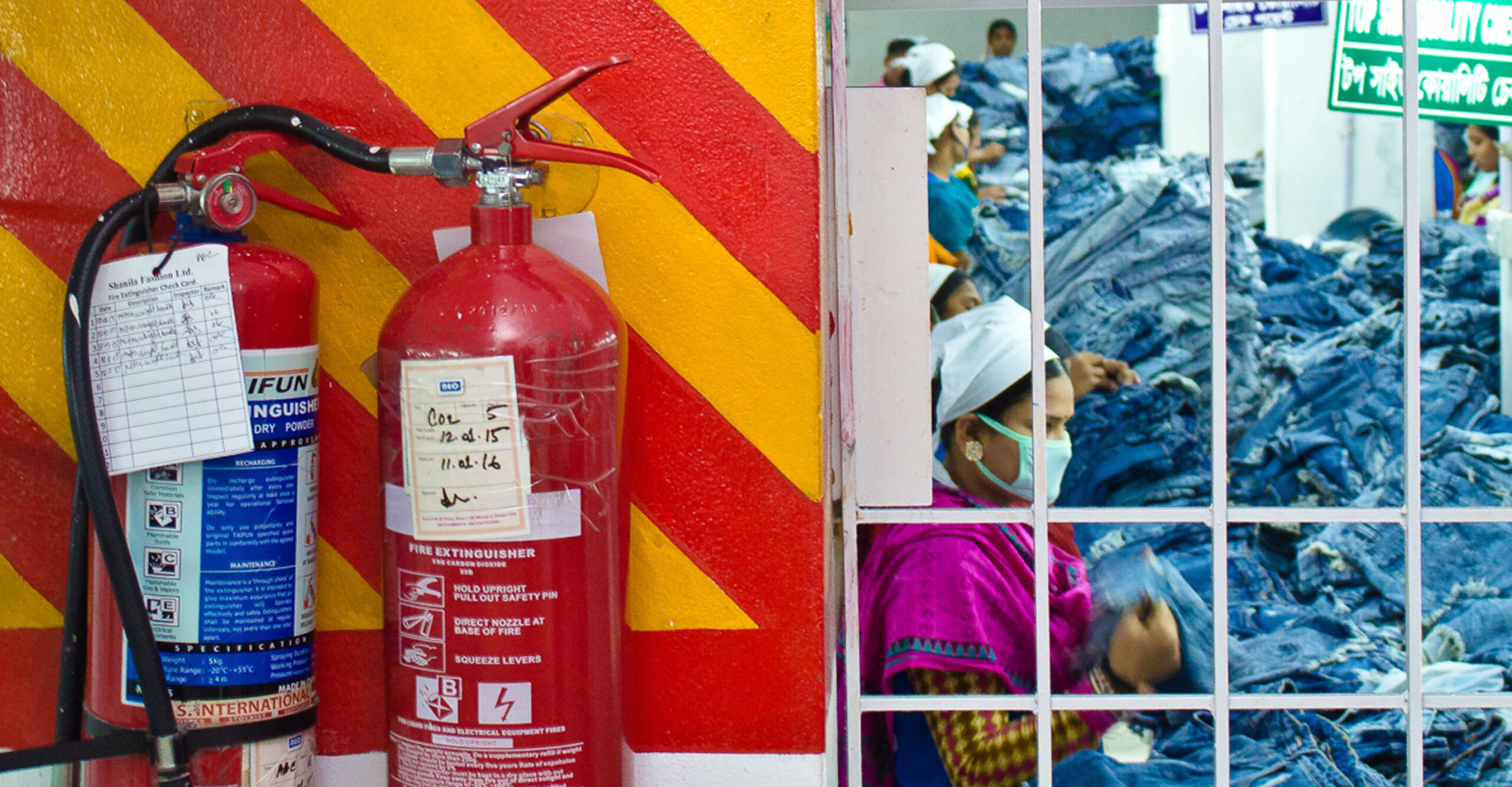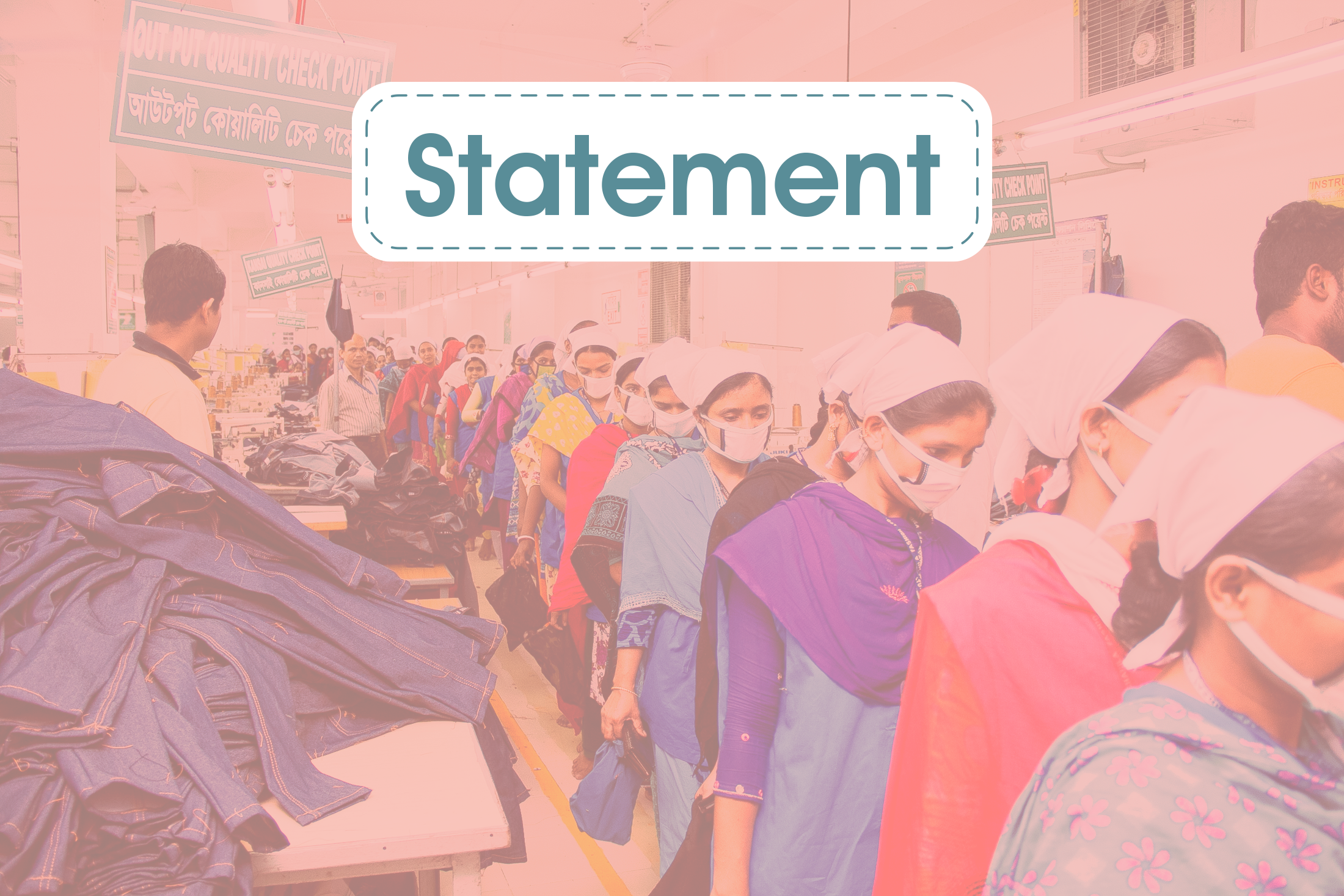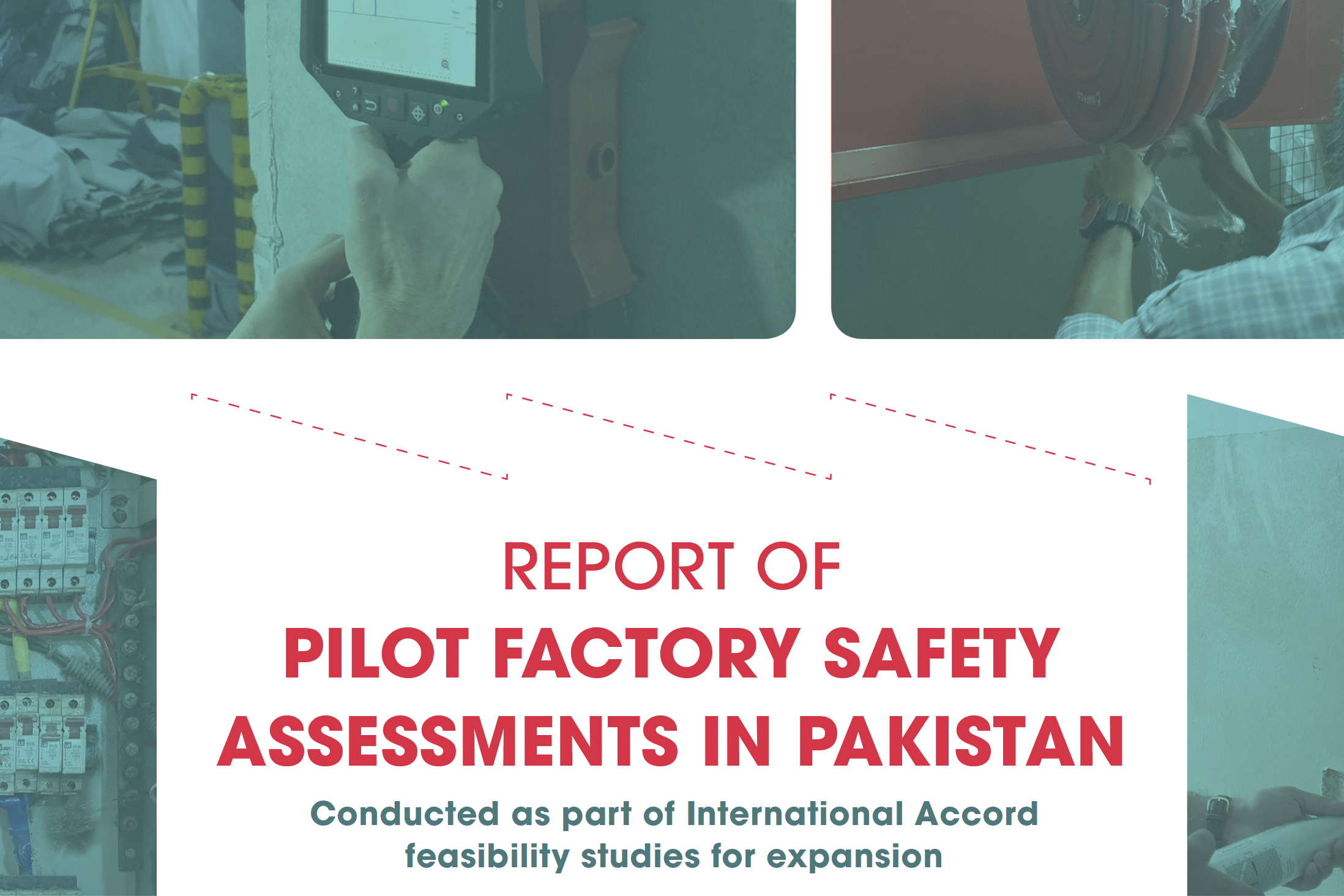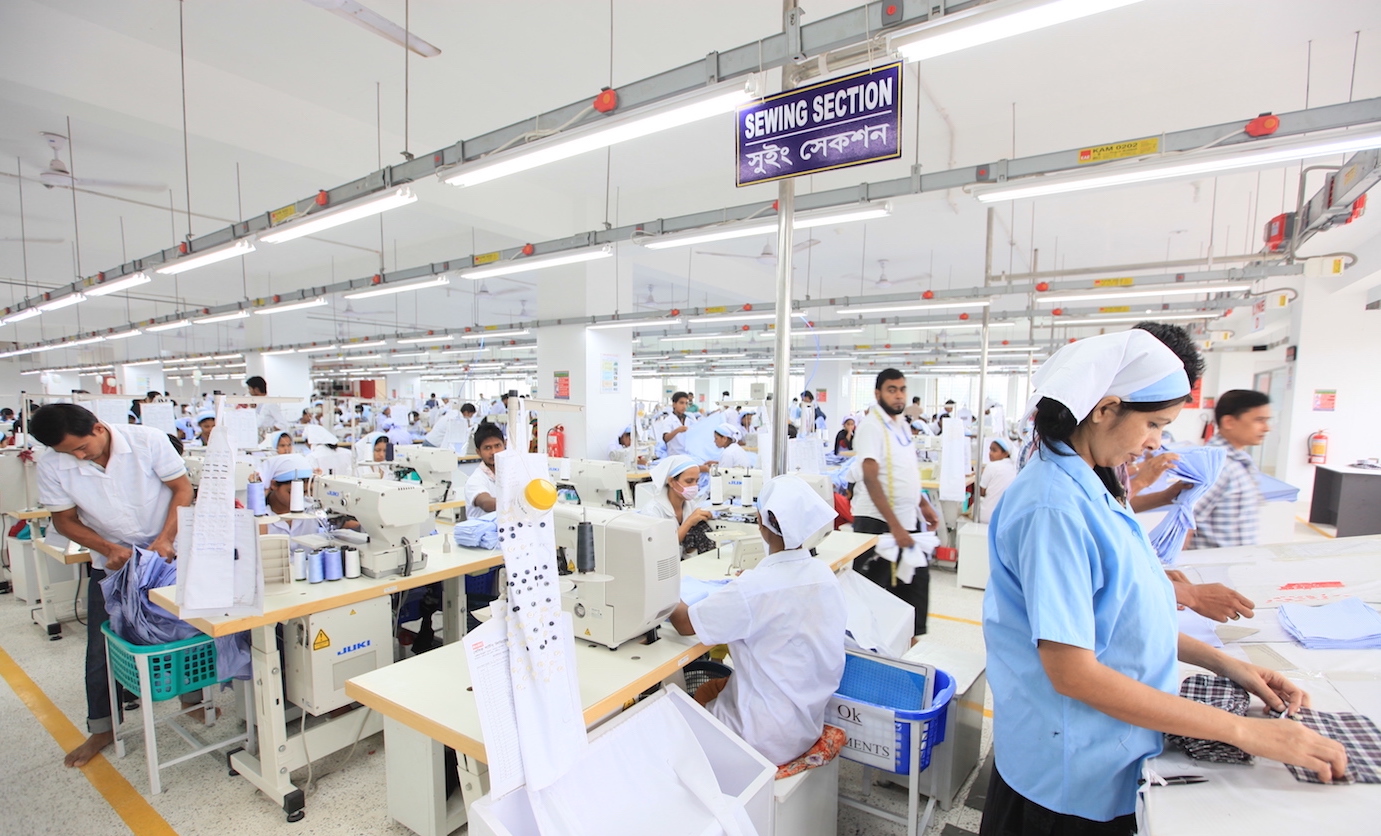Statement
Amsterdam, 24 April 2023:
April 24, 2023, marks 10 years since the tragic collapse of the Rana Plaza building in Bangladesh which killed 1,138 garment workers and injured 2,500 others. On this day, we remember those who perished, those who were injured, and those who continue living with the impacts of one of the worst workplace disasters in modern history.
The Rana Plaza collapse was an avoidable tragedy that could have been prevented with reasonable health and safety measures. A decade on, we wish to honour the memory of this tragedy’s victims by taking stock of how far workplace safety has come since Rana Plaza and acknowledging all that remains to be done.
The collective efforts of brands, manufacturers, trade unions, and civil society organisations with support from the local government have made significant strides in health and safety in the Bangladeshi textile and garment industry.
These efforts have included physical improvements like strengthening the structural integrity of factory buildings, the installation of fire doors, fire alarms, and enclosed staircases as well as addressing other occupational health and safety (OSH) issues like excessive working hours and gender-based violence and harassment through safety training at factories and a complaints mechanism for workers. Workers have been made aware of their right to refuse unsafe work and how to evacuate a building in case of a fire through Safety Committee training and all employee meetings in every factory.

The Accord and RMG Sustainability Council (RSC), which carried forward Accord operations in Bangladesh since June 2020, have conducted nearly 56,000 fire, electrical, and building safety inspections at over 2,400 garment factories. Over 140,000 safety issues at these factories have been resolved, contributing to safer working conditions for workers.
While these efforts have borne tangible results in Bangladesh, the International Accord signatories have decided to extend these measures and learnings to Pakistan to ensure Pakistani textile and garment workers also have access to minimal health and safety measures including safe exits, fire alarm systems and workplaces with structural integrity.
“Together with our signatories and stakeholders, the Accord approaches the next decade with immense dedication and perseverance. We are determined to continue the health and safety work at factories in Bangladesh and contribute to a safer Pakistani textile and garment industry under the recently signed Pakistan Accord,” said Joris Oldenziel, Executive Director, International Accord.
On behalf of the Accord signatories,
International Accord Secretariat
END
For more information, contact:
- media@internationalaccord.org
- Mini Dixit, Communications Officer: mini.dixit@internationalaccord.org
Related updates
August 3, 2023
The Accord Secretariat has published the first list of suppliers covered under the Pakistan Accord comprising information on over 400 factories supplying 52 Pakistan Accord signatory brands.
July 11, 2023
The pilot safety assessments were initiated in September 2022 to inform the Accord's ongoing feasibility studies and establish an effective safety inspection and remediation program in Pakistan.
June 29, 2023
The Global Fashion Summit organised by the Global Fashion Agenda (GFA), was held from 27-28 June at the Copenhagen Concert Hall in Denmark.
June 13, 2023
A delegation of the International Accord Secretariat and Accord signatory brands had a fruitful visit to Pakistan from 23 May to 3 June 2023.
May 29, 2023
200 global brands and retailers have now signed the International Accord for Health and Safety in the Textile and Garment Industry since it took effect on September 1, 2021.
May 15, 2023
Ten years after the first Accord was signed, the Accord Secretariat reflects on the progress in worker safety in the past decade and our vision for the future.





